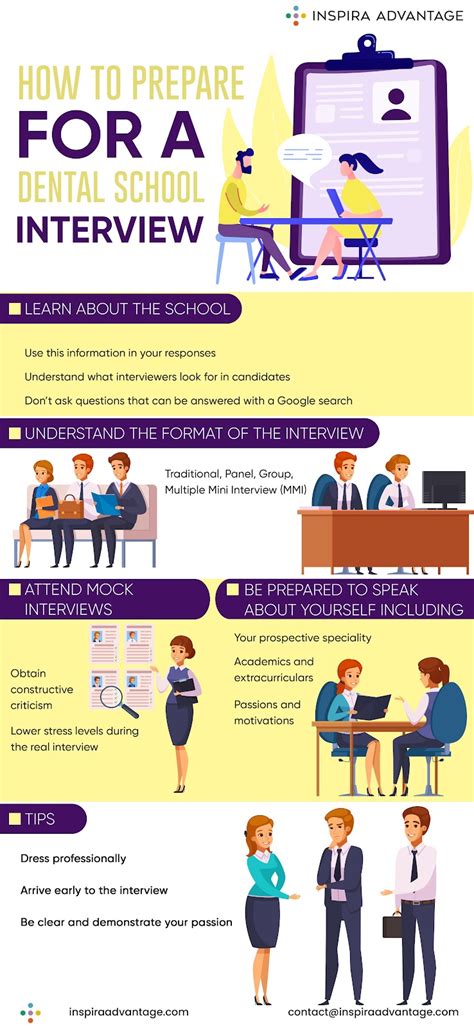Introduction

Dental school interviews are a crucial step in the admissions process. They provide an opportunity for the admission committee to assess your qualifications, interpersonal skills, and motivation for pursuing dentistry. As such, it is essential to prepare thoroughly to make a positive impression and increase your chances of admission.
Level of Preparation Required
The amount of preparation you need will depend on several factors, including your confidence level, interview experience, and the competitiveness of the program you are applying to. However, it is generally recommended that you spend at least 30-50 hours preparing. This may seem like a lot of time, but it is important to remember that the more prepared you are, the more confident and successful you will be during your interview.
Preparation Timeline
It is important to start preparing for your interviews well in advance. Here is a suggested timeline:
- 3-6 months before interviews: Begin researching dental schools, practicing your answers to common interview questions, and working on your personal statement.
- 1-2 months before interviews: Schedule mock interviews with friends, family, or a career counselor.
- 1 week before interviews: Review your materials, practice your answers, and get a good night’s sleep.
Topics to Prepare For
Your interviews will likely cover a wide range of topics, including:
- Your academic record and research experience
- Your extracurricular activities and leadership roles
- Your motivation for pursuing dentistry
- Your knowledge of the dental profession
- Your strengths and weaknesses
- Your goals and aspirations
How to Prepare
There are a number of things you can do to prepare for your interviews, including:
- Research dental schools: Learn about the history, mission, and curriculum of the schools you are applying to. This will help you answer questions about why you are interested in the program and how you would be a good fit.
- Practice answering common interview questions: There are a number of websites and books that provide lists of common interview questions. Practice answering these questions out loud so that you can become more comfortable and confident with your responses.
Develop your personal statement: Your personal statement is an important part of your application and will likely be discussed during your interview. Take the time to write a well-crafted statement that highlights your qualifications and motivation for pursuing dentistry.
Schedule mock interviews: Mock interviews are a great way to practice your answers and get feedback on your performance. Ask a friend, family member, or career counselor to interview you and give you constructive criticism.
Get a good night’s sleep: It is important to get a good night’s sleep before your interview so that you can be well-rested and focused.
On the Day of Your Interview
On the day of your interview, there are a few things you can do to make a good impression:
- Arrive on time: Punctuality shows that you are respectful of the interviewer’s time.
- Dress professionally: First impressions matter, so make sure to dress professionally and appropriately.
- Be yourself: The interviewer wants to get to know the real you, so be yourself and don’t try to be someone you’re not.
- Be prepared to answer questions: Be prepared to answer questions about yourself, your qualifications, and your motivation for pursuing dentistry.
- Ask questions: Asking questions shows that you are interested in the program and that you are taking the interview seriously.
Conclusion
Preparing for dental school interviews takes time and effort, but it is well worth it. By following the tips in this guide, you can increase your chances of making a positive impression and getting accepted to the program of your choice.
Additional Tips
- Be proactive: Don’t wait for the interview to start asking questions. If you have any questions about the program or the interview process, ask them now.
- Be enthusiastic: Show the interviewer that you are excited about the opportunity to attend dental school.
- Be positive: Even if you are nervous, try to stay positive and upbeat. The interviewer will be more likely to offer you a spot if they see that you are enthusiastic about the profession.
- Be yourself: The most important thing is to be yourself and let the interviewer get to know the real you.
